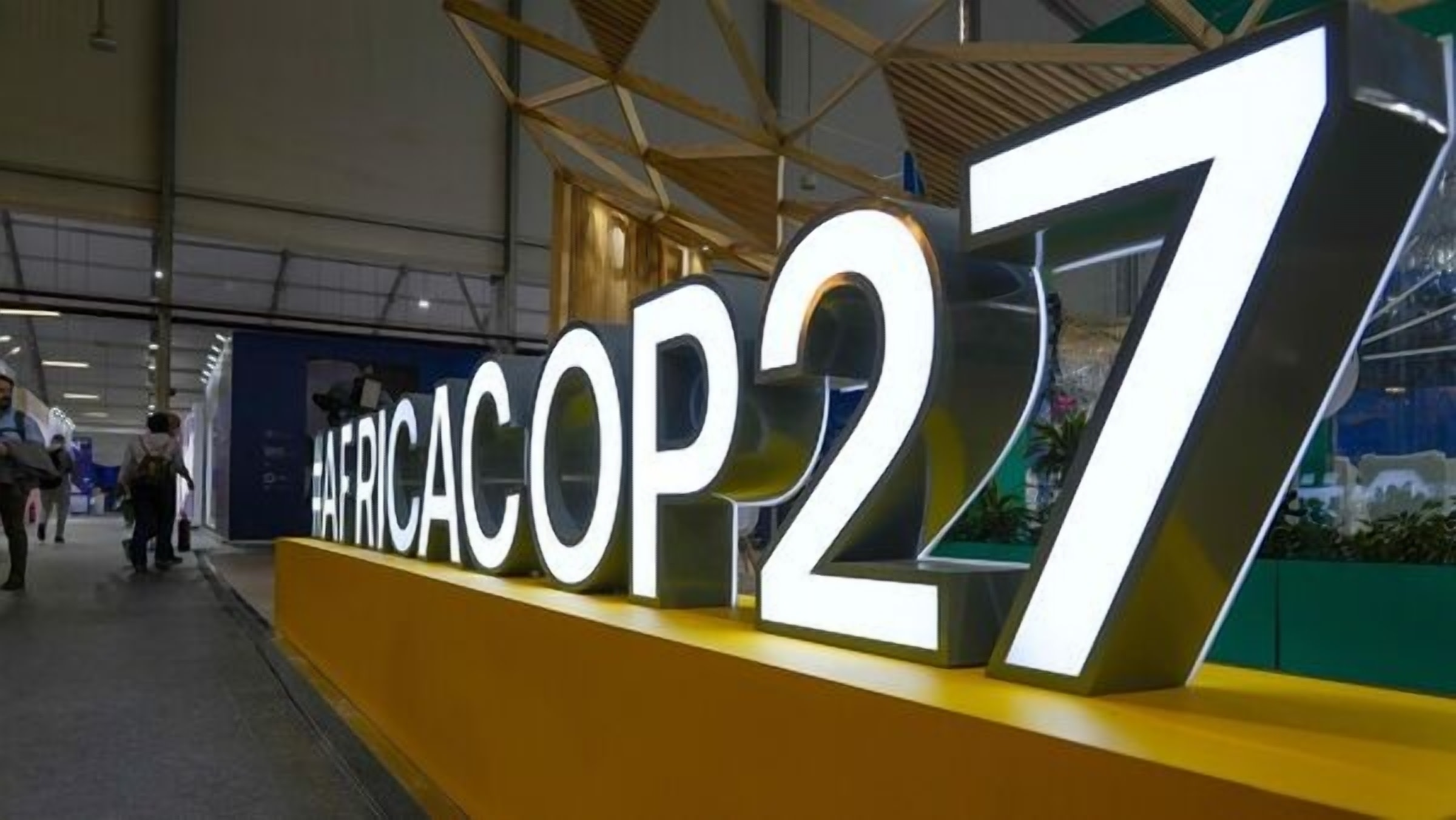Climate Summits Must Focus on Transport Emissions

According to an expert, the massive emissions associated with delegates arriving from all over the world necessitate a rethinking of future UN climate change summits.
Dr. Brian Caulfield, an associate professor in the Department of Civil, Structural, and Environmental Engineering at Trinity College Dublin, has conducted a substantial study on the environmental implications of transport emissions.
He told the Irish Examiner that there had to be a better way to reach climate agreements than sending thousands of people to places like Egypt or Scotland every year.
Cop27 in Sharm el Sheikh, Egypt, saw a landmark agreement on so-called loss and damage, with presumably richer countries paying a considerable proportion to more vulnerable countries to compensate for climate change-related disasters.
On the other hand, it has been criticised for not being able to agree on how to cut greenhouse gas emissions and for changing the language about how fossil fuels will be used in the future.
Dr. Caulfield said that Environment Minister Eamon Ryan and the Irish delegation of negotiators deserved "many congratulations" for helping the EU negotiate and win the loss and damage agreement.
But he questioned why tens of thousands of delegates had to meet at a resort in the desert to discuss a climate deal.
"In my field, we all have to attend conferences, and sometimes air travel is unavoidable — I am taking my first flight in three years to a conference soon. But I do think that in the future, the arrangement of Cop needs to be done in a more climate-friendly way," he added.
Greenpeace claimed that last year's Cop26 event in Glasgow created more than 100,000 tonnes of carbon emissions, with attendees flying in from all over the world accounting for 60% of the total.
According to experts Arup, the Glasgow event generated twice as much as the preceding Cop25 in Madrid, which generated more than 51,101 tonnes. Cop26 in Glasgow attracted about 39,000 people, compared to over 27,000 at Cop25 in Madrid.
It is anticipated that 35,000 people attended the two-week Cop27 meeting in Egypt, including hundreds of delegates from companies and countries that produce fossil fuels. The Cop28 event will be held in the United Arab Emirates next year.
Source: Irish Examiner

